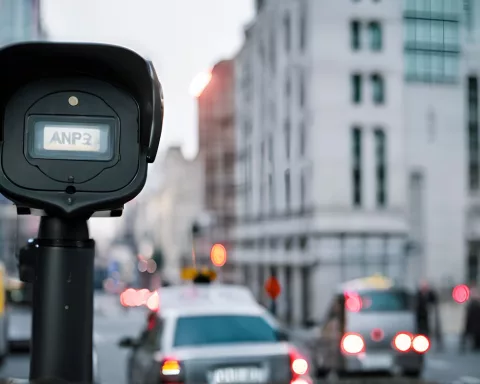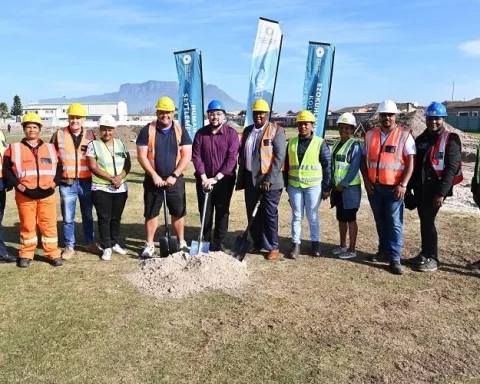The conflict between the minibus-taxi industry and the City of Cape Town has reached a boiling point, resulting in a strike. The dispute arises from the impounding of taxi vehicles by the city authorities. Violence and lawlessness have become rampant, putting human rights and the rule of law to the test.
Minister Sindisiwe Chikunga Condemns the Violence
Minister Sindisiwe Chikunga has expressed her concern and condemnation of the violence. She emphasizes that criminal actions must face the full force of the law. Regardless of the perpetrator, violent behavior will not be tolerated by the government.
Efforts to Find a Solution
To find a lasting solution to the impasse, Minister Chikunga has personally intervened and held numerous engagements with the taxi industry under the leadership of SANTACO, as well as meetings with the Premier of the Western Cape, the MEC, and the City led by the Mayor and the MMC.
Progress has been made in addressing the root cause of the tensions. The City of Cape Town introduced conditions of operating licenses, which the taxi industry expressed reservations about. A Task Team was established to address these concerns, resulting in the City impounding vehicles based on these conditions.
Upholding National Laws
Minister Chikunga emphasizes that administrative decisions must be based on the principle of legality. National laws govern the infringements and penalties addressed in the contested conditions of operating licenses. These laws ensure fair rules are applicable to all citizens, regardless of which city or province they reside in. Upholding national laws as they stand is crucial for maintaining order and the effectiveness of the rule of law. The City of Cape Town is urged to respect and uphold these laws.
Call for Negotiations
As a result, Minister Chikunga calls for the City to return to the negotiating table, address areas of disagreement, and demonstrate a genuine effort to find a lasting resolution to the challenges. The City is also called upon to immediately release all impounded vehicles without any conditions, except for those impounded under the National Land Transport Act of 2009.
Benefits of a Well-Regulated Taxi Industry
Efforts to regulate the taxi industry must be underpinned by mutual respect for the law and a genuine effort to uplift the industry. A well-regulated taxi industry that respects the law and the rights of others is essential for the broader public transport industry.
Zero Tolerance for Violence and Lawlessness
Violence and lawlessness have no place in society. The government remains vigilant, ready to unleash the full power of the law against those who perpetrate such conduct with impunity.
Working towards a Harmonious Solution
As the search for a resolution continues, the government and the City of Cape Town must work hand in hand with the taxi industry to find a harmonious and lasting solution to this impasse.








